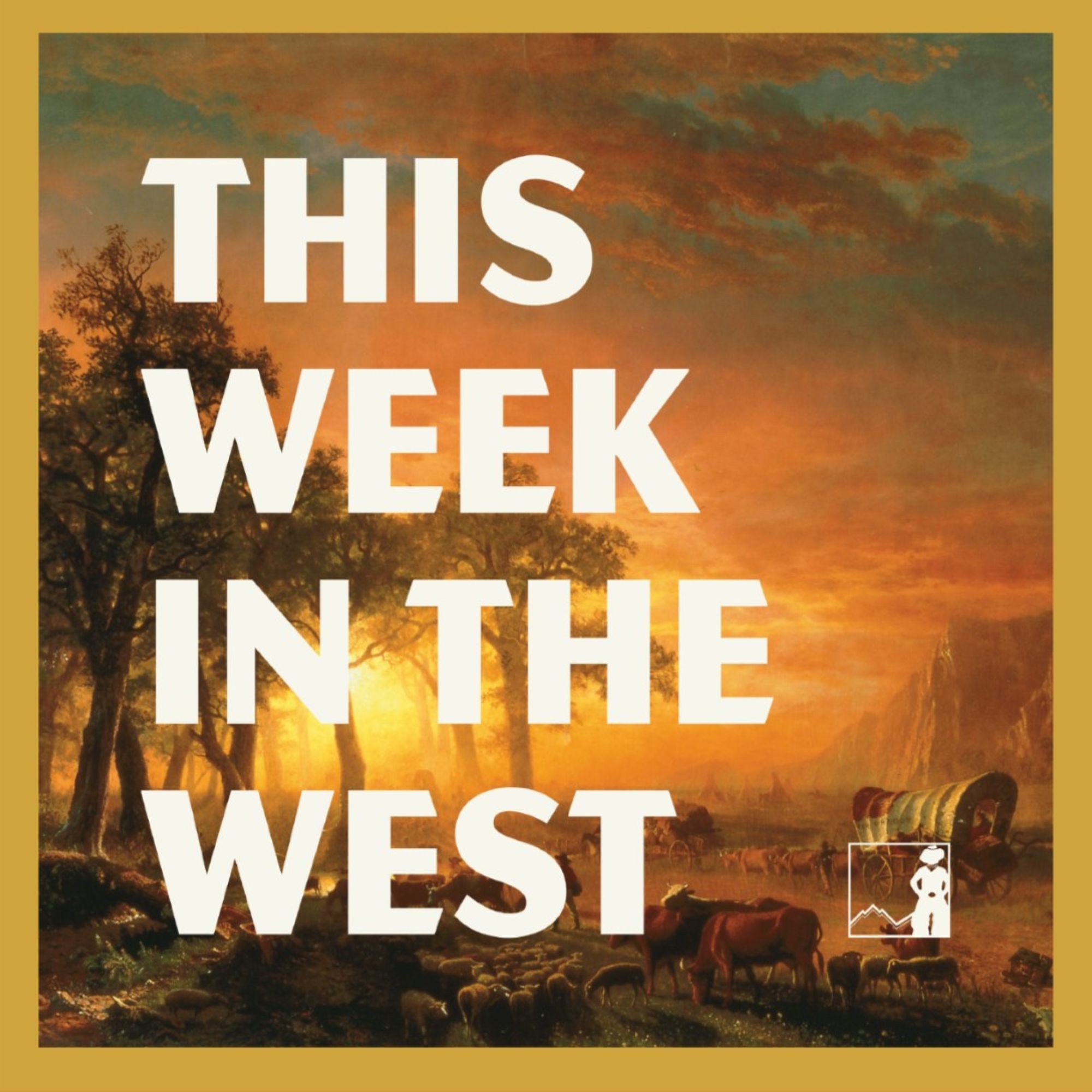
Wild West Podcast
Welcome to the Wild West podcast, where fact and legend merge. We present the true accounts of individuals who settled in towns built out of hunger for money, regulated by fast guns, who walked on both sides of the law, patrolling, investing in, and regulating the brothels, saloons, and gambling houses. These are stories of the men who made the history of the Old West come alive - bringing with them the birth of legends, brought to order by a six-gun and laid to rest with their boots on. Join us as we take you back in history to the legends of the Wild West. You can support our show by subscribing to Exclusive access to premium content at Wild West Podcast + https://www.buzzsprout.com/64094/subscribe or just buy us a cup of coffee at https://buymeacoffee.com/wildwestpodcast
Wild West Podcast
Part 1 Introduction Black Sunday's Wrath
The afternoon of April 14, 1935, began with an unsettling calm across the southern Great Plains. After weeks of relentless dust storms, this brief moment of respite felt almost divine—until an ominous black line appeared on the horizon. Witnesses described a sky divided between golden sunlight and a monstrous curtain of dust that towered a thousand feet high, churning like a reverse waterfall.
When this apocalyptic wall struck, it transformed day into a darkness "worse than any midnight." The assault was multi-sensory and terrifying. Wind-driven sand lacerated exposed skin, buildings trembled, and the air itself became a choking hazard loaded with particulate matter. Perhaps most bizarre were the electrical phenomena—static electricity generated by billions of dust particles created blue sparks dancing between animals' ears and enough charge to short-out automobile engines or knock people to the ground with a handshake.
Black Sunday wasn't merely a weather event but the physical manifestation of America's worst man-made ecological disaster. This catastrophe emerged from a perfect storm of misguided federal policies, economic desperation, and ecological ignorance. The transformation of native grasslands into unsustainable farmlands had stripped away nature's defense mechanisms against drought and wind. When these elements combined with economic pressures of the Great Depression, the result was catastrophic—a haunting reminder that our relationship with the natural world requires respect for systems that evolved over millennia. What lessons can we draw from this devastating chapter in American history as we face our own environmental challenges today?
